
Ada Lovelace
Tuesday 12th October is Ada Lovelace Day: an international celebration of women’s achievements in science, technology, engineering and maths (STEM). Often referred to as the ‘first computer programmer’, Ada Lovelace (1815-1852) inspired Alan Turing’s work on the first modern computers in the 1940s. Find out more about her here.
All week we are profiling a selection of the women who work in STEM disciplines at BU, in areas as varied as games technology, sport psychology, electronics and clinical nutrition. Today we feature Professor Jane Murphy and Dr Sue Green.
Professor Jane Murphy, Professor of Nutrition and co-lead for the Ageing and Dementia Research Centre

Prof Jane Murphy
Jane’s work focuses on key nutrition-related problems in older adults and how to translate nutrition science into practice. At a national level, she has led knowledge exchange projects commissioned by Health Education England to provide innovative education and training to improve dementia care across the health and social care workforce.
Dr Susan Dewhurst, Head of Department and Principal Academic in Exercise Physiology, who nominated her, says:
“Jane is a role model as a research leader committed to solving key nutrition problems in older adults. She has won funding from prestigious organisations like the Burdett Trust for Nursing and NIHR. Jane’s research has direct impact in practice through her clinical lead role in the Wessex Academic Health Science Network. She influences high standards in education and practice in her role as an elected council member for the Association for Nutrition and is a recognised mentor.”
What does Ada Lovelace mean to you?
Ada Lovelace was clearly a mathematical genius, ahead of her time and a trailblazer for women in science in the 19 century, working with scientists much better-known at the time, such as Babbage and Faraday.
What or who inspired you to pursue your career in a STEM subject?
Good nutrition is fundamental to support health and wellbeing and live a long and rewarding life. Through some early influences, I developed a keen interest in nutrition, and recognising how it related to ill-health and preventing disease thus paved the way towards my career in a STEM subject.
Moreover, learning about Elsie Widdowson – a pioneer nutrition scientist and dietitian – inspired me. She pushed boundaries to advance the science of nutrition in so many respects, including how the UK population could live with food rationing through the challenges of WW2 and creating the first UK food composition tables.
What would your advice be to girls looking at STEM subjects as a possible career?
Go for it! Research in science works best (and is more fun!) in collaboration and when working in partnership, regardless of gender, to solve fascinating problems and co-create real-world solutions. Keep focused on doing the best you can.
What would you like to change as a result of your research?
I’d like to see a better appreciation of the role of good nutrition across society to optimise health and wellbeing, particularly as we age and for older people, ensuring everyone receives evidence-based nutrition advice that’s appropriate to their needs.
Dr Sue Green, Associate Professor and Deputy Head of Department for Nursing Science
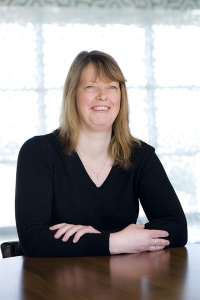
Dr Sue Green
Sue has held funded clinical academic posts combining research and clinical work and has been at the forefront of developing clinical academic careers for nurses.
Sue’s research programme focuses on aspects of clinical nutrition, particularly nutritional care by nurses. Her initial research focused on laboratory-based approaches to study appetite. She has since focused on research to develop evidence for nursing practice, including nutritional screening, and how to apply that evidence to patient care.
A registered nurse with experience in acute and continuing care environments, Sue continues to work clinically as a nutrition nurse seconded to Solent NHS Trust.
Prof Stephen Ersser, Head Of Department For Nursing Science and Professor Of Nursing And Dermatology, who nominated her, says:
“Sue is an amazing leader in clinical nutrition related to nursing, especially nutritional screening and is recognised in her field.”
What does Ada Lovelace mean to you?
Ada Lovelace’s reputation supports efforts to raise the profile of women in science, technology, engineering, and maths.
What or who inspired you to pursue your career in a STEM subject?
A childhood spent observing animal behaviour and organisms’ responses to different environments inspired me to study a STEM subject. I followed my first career as a registered nurse by studying for a Zoology degree, before focussing on nutrition and health at masters and PhD level.
Have you faced any challenges in your chosen field because you’re a woman?
It is very difficult to be recognised as a woman in science if you are also a registered nurse. The two are seen as different fields, where in fact there is great synergy between the two.
What would your advice be to girls looking at STEM subjects as a possible career?
Go with your passion and your curiosity. Studying a STEM subject can lead to a wealth of career opportunities.
What would you like to change as a result of your research?
My hope is that my research will improve patients’ nutritional care and care delivery.
 Key Findings
Key Findings  Why It Matters
Why It Matters 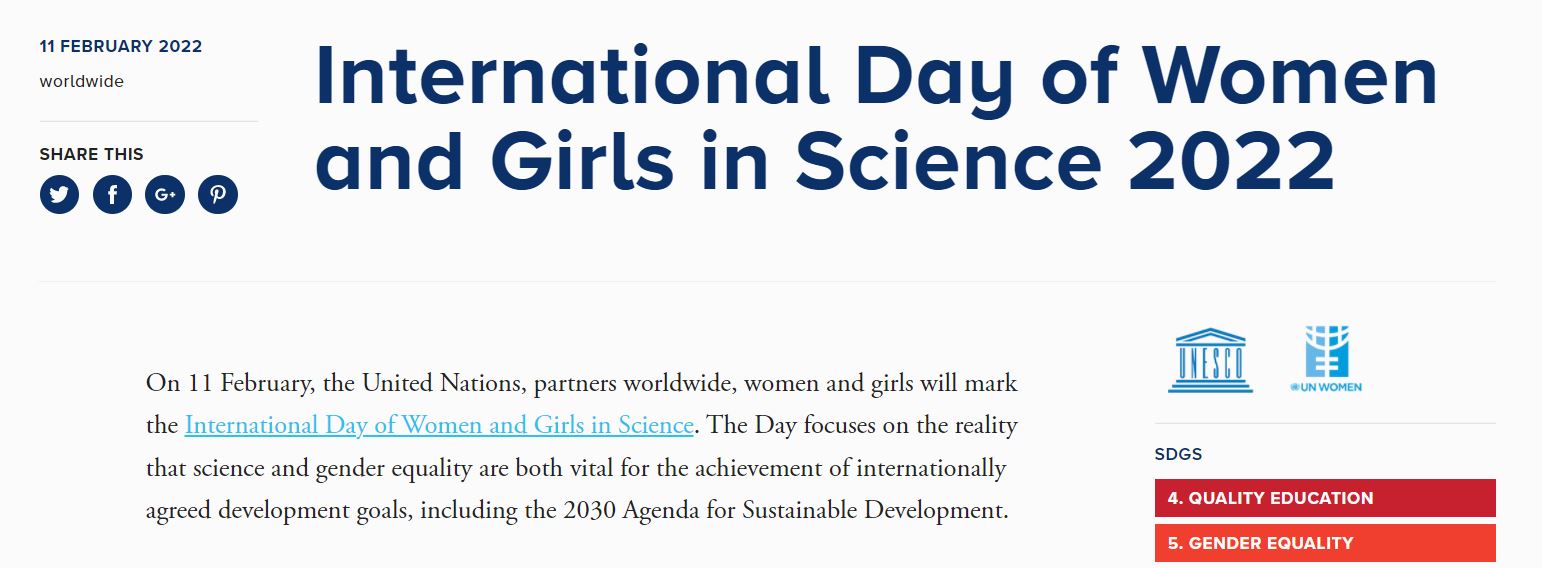




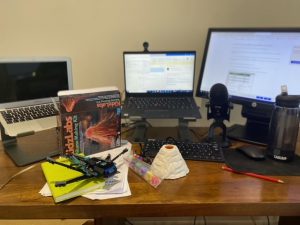 If so, then we need your assistance! The unforeseen Covid-19 pandemic has resulted in great professional and personal challenges for all academics but particularly mothers. Working from home, home-schooling and periodical closure of schools, nurseries and other childcare settings is the ‘new normal’, which is why we are keen to hear your unique experiences.
If so, then we need your assistance! The unforeseen Covid-19 pandemic has resulted in great professional and personal challenges for all academics but particularly mothers. Working from home, home-schooling and periodical closure of schools, nurseries and other childcare settings is the ‘new normal’, which is why we are keen to hear your unique experiences. 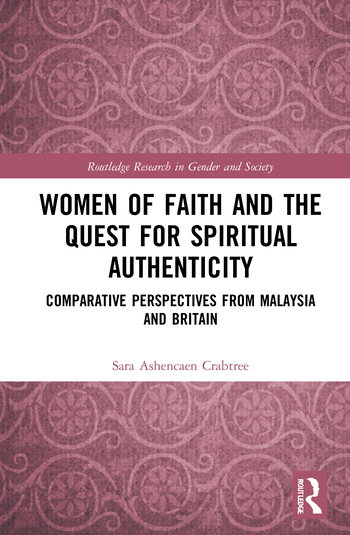
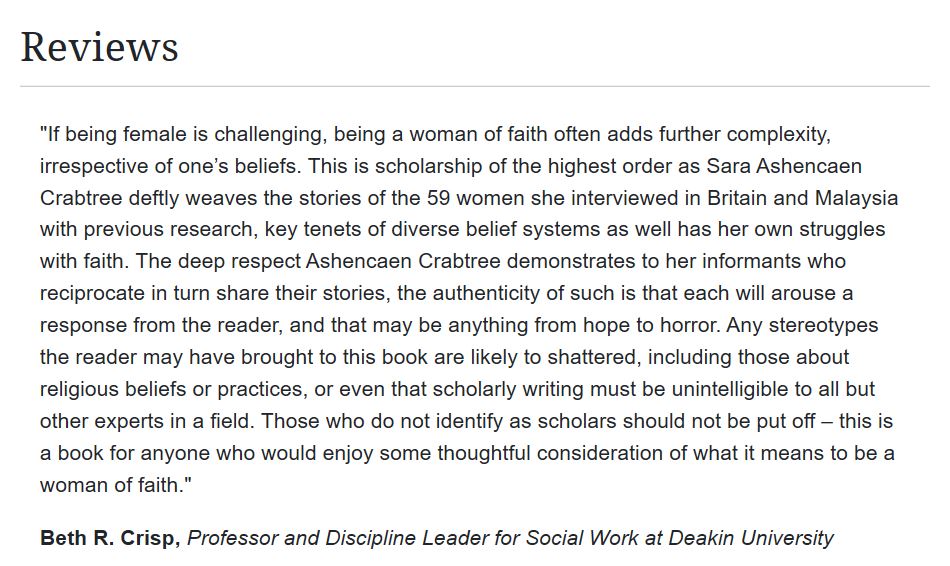



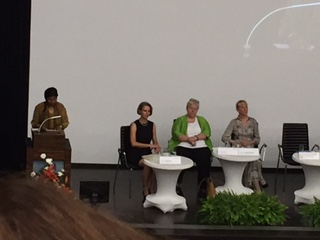
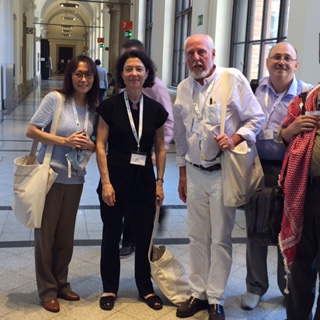
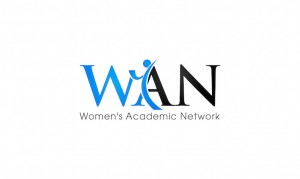











 Expand Your Impact: Collaboration and Networking Workshops for Researchers
Expand Your Impact: Collaboration and Networking Workshops for Researchers Visiting Prof. Sujan Marahatta presenting at BU
Visiting Prof. Sujan Marahatta presenting at BU 3C Event: Research Culture, Community & Can you Guess Who? Thursday 26 March 1-2pm
3C Event: Research Culture, Community & Can you Guess Who? Thursday 26 March 1-2pm UKCGE Recognised Research Supervision Programme: Deadline Approaching
UKCGE Recognised Research Supervision Programme: Deadline Approaching ECR Funding Open Call: Research Culture & Community Grant – Apply now
ECR Funding Open Call: Research Culture & Community Grant – Apply now ECR Funding Open Call: Research Culture & Community Grant – Application Deadline Friday 12 December
ECR Funding Open Call: Research Culture & Community Grant – Application Deadline Friday 12 December MSCA Postdoctoral Fellowships 2025 Call
MSCA Postdoctoral Fellowships 2025 Call ERC Advanced Grant 2025 Webinar
ERC Advanced Grant 2025 Webinar Update on UKRO services
Update on UKRO services European research project exploring use of ‘virtual twins’ to better manage metabolic associated fatty liver disease
European research project exploring use of ‘virtual twins’ to better manage metabolic associated fatty liver disease